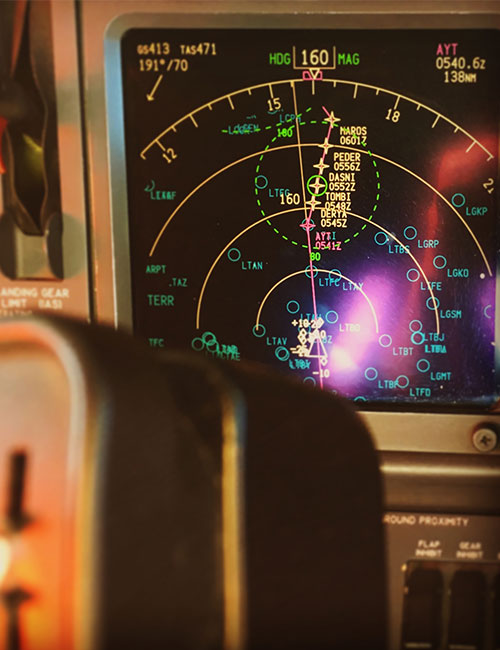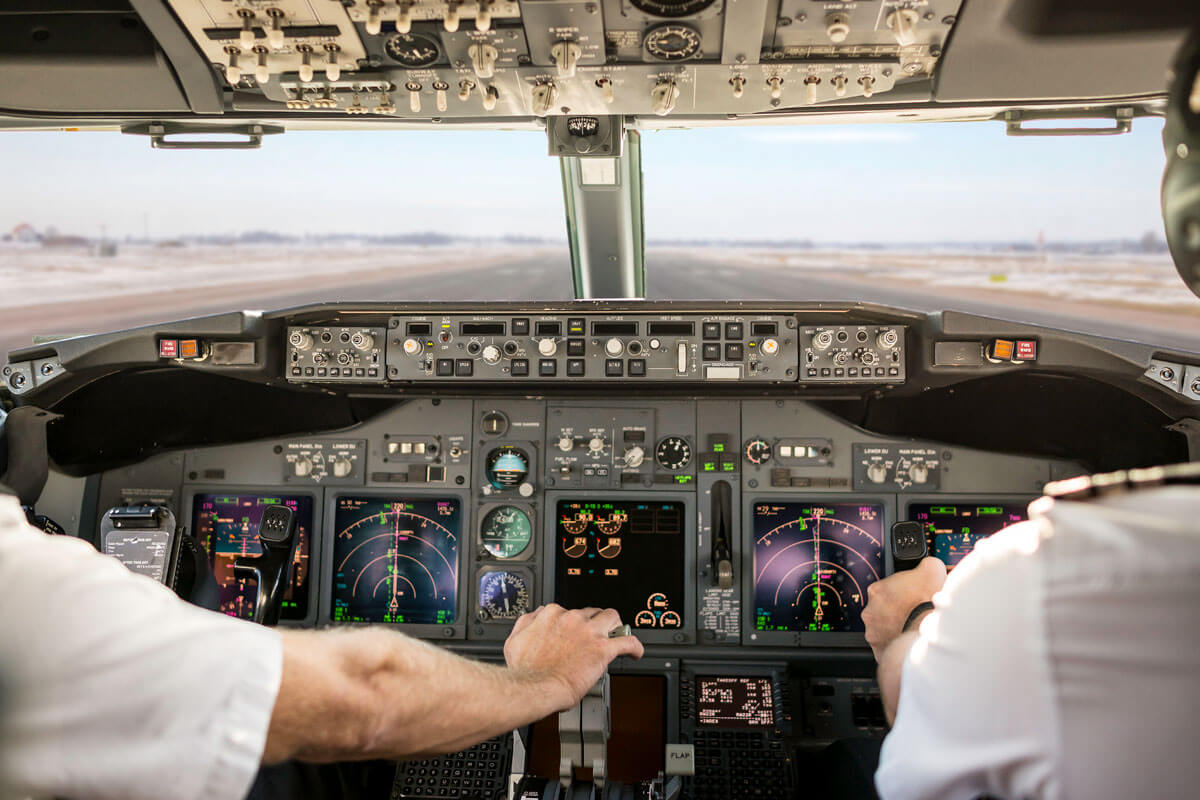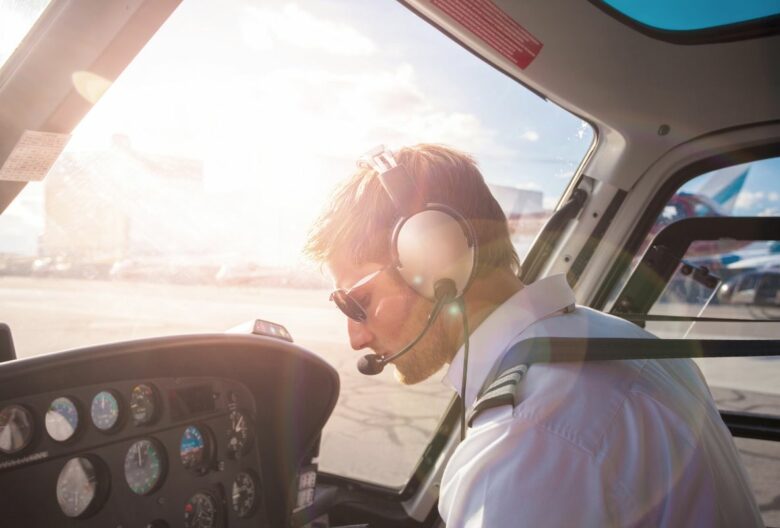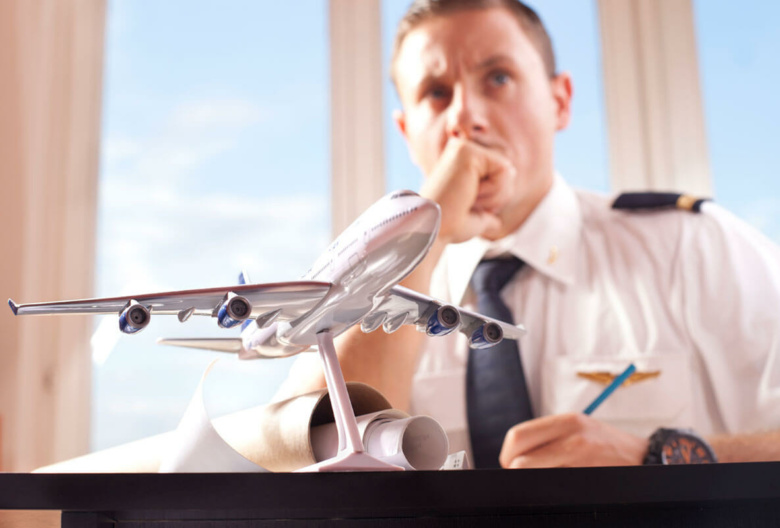
Enhanced Multi-Crew Cooperation Training to Airline Pilot Standards Course / APS-MCC
COURSE DESCRIPTION
The aim of the course is to become proficient in multi-crew co-operation (MCC) in order to operate safely multi-pilot airplanes. The objectives of MCC training are optimum decision making, communication, allocation of tasks, mutual supervision, use of checklists, teamwork, and support throughout all phases of flight under normal, abnormal and emergency conditions.
The training emphasises the development of non-technical skills applicable to working in a multi-crew environment. This is achieved by training exercises in which the students are crewmembers in the pilot flying (PF) and pilot monitoring (PM) roles.
Airline Pilot Standard Multi-Crew Cooperation (APS MCC) course is an enhanced version of the standard MCC course. The aim of the APS MCC is to not only provide future pilots with relevant qualification but also to develop certain competencies necessary for a pilot to perform more effectively.
As described by EASA, the aim of the standard MCC is to secure future aviators with theoretical knowledge and relevant practice to develop skills and attitudes necessary to operate a multi-crew aircraft.
According to EASA, the APS MCC is “an alternative to the conventional MCC course and provides a stronger bridge between the award of initial licences and familiarisation with airline operations. The course evaluates and assesses the student pilots’ ability using the core competencies”.
APS-MCC PROVIDES
While the Classic MCC course provide you only the essential knowledge and skills to operate in a multi-crew environment), the APS MCC provides you competencies such as:
- Application of Knowledge
- Application of Regulations and Procedures
- Communication
- Aeroplane Flight Path Management, Automation
- Aeroplane Flight Path Management, Manual Control
- Leadership and Teamwork
- Problem-solving and Decision-making
- Situational Awareness (SA) and Information Management
- Workload Management

PRE-ENTRY REQUIREMENTS
A candidate applying for the MCC course must hold or have held Commercial Pilot Licence and an Instrument Rating or have passed the Instrument Rating Skill Test.
APS-MCC THEORETICAL KNOWLEDGE
-
APS-MCC Theoretical Knowledge Instruction consists of the following subjects:
- 25 hours of Basic Multi-Crew Corporation Techniques
- Advanced Swept-Wing Jet Aeroplane Training
- Airline-Oriented Training
- Advanced Airline Operations Scenario Training
APS-MCC SIMULATOR TRAINING
APS-MCC Simulator Training includes:
The flight simulation training device (FSTD) time per crew (2 persons) during practical training should be a minimum of 40 hours, or 35 for an integrated airline transport pilot licence (ATPL) holders.






